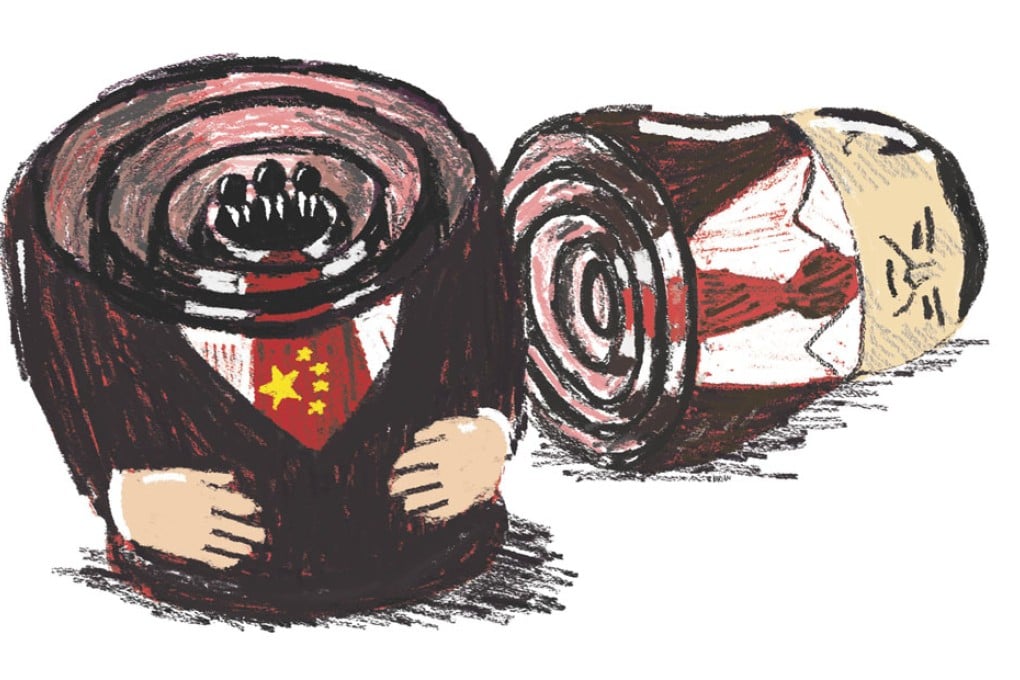How leading small groups help Xi Jinping and other party leaders exert power
National leaders including Mao Zedong have used leading small groups to bypass opposition and assert control; Xi Jinping is just the latest

If you dissected the central government in Beijing, you would find something resembling a Russian nesting doll. Each layer removed would reveal another underneath with ever more powerful entities hidden further from view.

Further down would be the ruling Communist Party's 25-member Politburo, which weighs in on every major decision. Then comes the Politburo Standing Committee, the seven-member body led by party chief Xi Jinping that makes all the big calls.
In practice, however, the policies that affect the lives of 1.35 billion mainlanders and many others around the world are crafted by a more obscure class of entities - the so-called leading small groups.
These panels, which rarely announce their meetings or disclose their full membership, comprise the country's most powerful and influential leaders. Leading small groups cover everything from economics to propaganda to Hong Kong and Macau affairs. They thrash out policy details long before measures are presented to the party, let alone the public.
"In terms of input to the most important policy matters, they are much more important and powerful than the ministries," said Steve Tsang, director of the University of Nottingham's China Policy Institute.